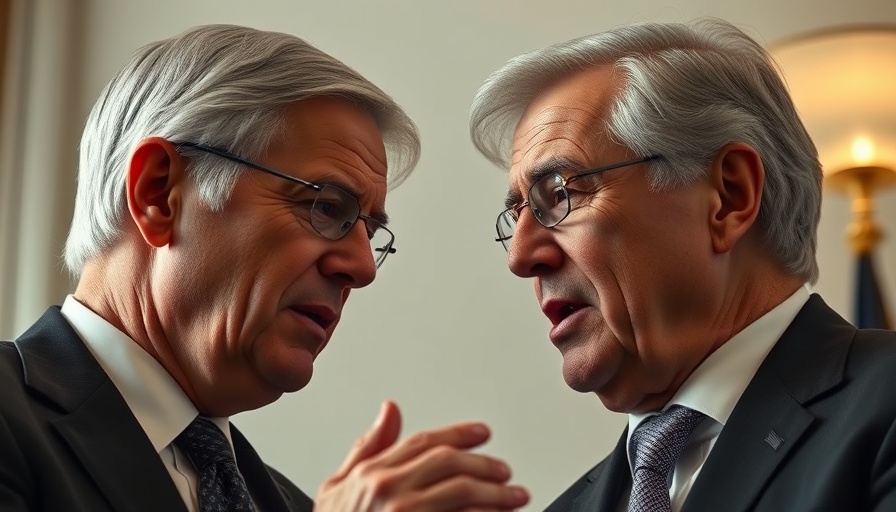
Putin's Limited Cease-fire: A Tactical Move or a Step Towards Peace?
In a surprising development, President Vladimir Putin and former U.S. President Donald Trump discussed a limited cease-fire during their recent phone call, resulting in a temporary halt of attacks on Ukrainian energy infrastructure for 30 days. While this may appear as a positive sign, many experts and political analysts are skeptical about the real implications of this agreement and what it means for the ongoing conflict in Ukraine.
Understanding the Context: The Current State of the Ukraine Conflict
The war in Ukraine, which began in 2022, has severely impacted the nation’s energy sector, with Russian strikes targeting vital infrastructure and diminishing Ukraine’s ability to supply electricity and other essential services. As the war drags on, it has entered a new phase, with both sides vying for military advantages. In this context, the recent agreement on energy targets may serve to release some tension and alleviate immediate pressures.
Motivations Behind the Cease-fire
Putin’s agreement to halt attacks may be rooted in strategy more than a sincere desire for peace. According to the Atlantic Council, while this limited cease-fire is a welcome development, it also showcases how Putin strategically leverages negotiations to maintain his military edge. The Kremlin seems to be recognizing the toll that ongoing conflict has on its own energy economy and is looking to stabilize internal conditions.
Economic Ramifications for Import and Export Companies
For businesses involved in import and export, these developments are crucial. A pause in hostilities could provide some breathing room for Ukrainian businesses, especially those reliant on energy supplies for production and transport. Conversely, ongoing tensions may mean that operational environments remain unpredictable, which can complicate trade negotiations and contracts.
Global Reactions: What This Means for International Trade
Analysts suggest that the cease-fire might have reverberating impacts on international trade dynamics, especially concerning energy resources. The U.S. and European allies are keenly observing to prevent any violation of this cease-fire by Russia, and they continue to apply pressure through sanctions and economic isolation tactics.
Looking Ahead: Future Trends in the Russia-Ukraine Conflict
The broader implications remain uncertain. While this cease-fire could facilitate negotiations for a more lasting peace agreement, both sides have shown reluctance to fully commit to peaceful resolutions. Ukraine's ongoing need for military support from international allies complicates the matter, as Putin has called for a cessation of military aid to Ukraine as a precondition for negotiations. Future dialogues will need to consider these critical demands amidst fluctuating political tides.
A Call to Action: Stay Informed and Engage
Business leaders and stakeholders in the import and export sector are encouraged to stay updated on developments regarding the Ukraine-Russia conflict, as these events can directly affect trade routes and energy prices. Engaging with policy discussions can help prepare businesses for the possible changes in geopolitical landscapes, which can create both risks and opportunities.
 Add Row
Add Row  Add
Add 




 Add Row
Add Row  Add
Add 

Write A Comment